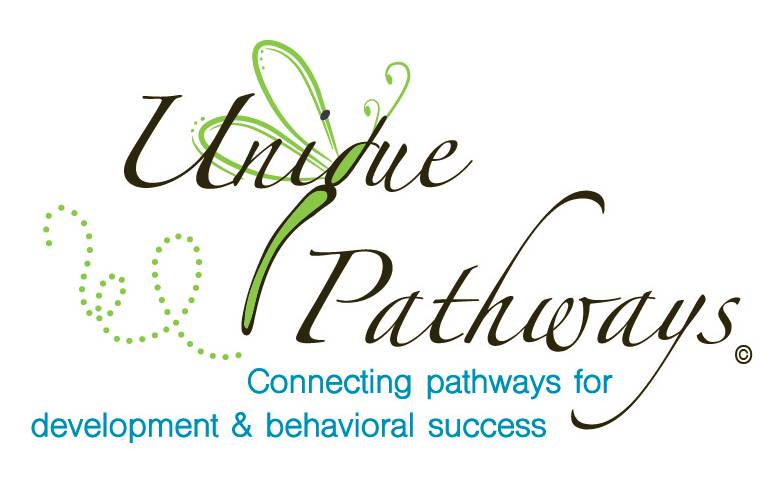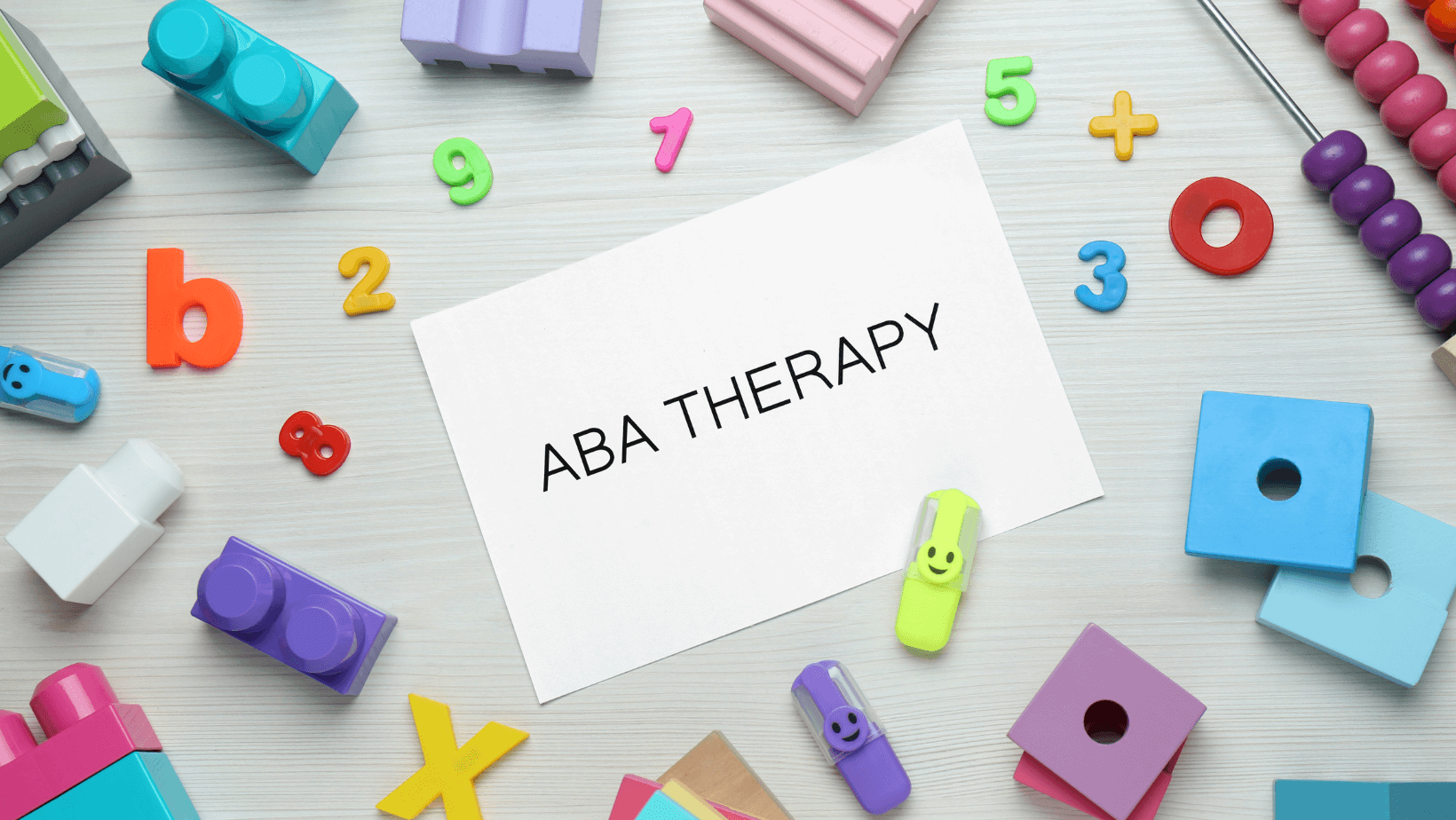Speech therapy, a field often associated with improving communication, articulation, and language skills, is vital in addressing various eating habits. This might come as a surprise, but the connection is quite intuitive. After all, the muscles and movements involved in speech are closely linked to those we use for eating and swallowing.
Eating is more than just a physical act; it’s a complex process involving a blend of motor skills, sensory responses, and communication. For individuals, especially children, who struggle with feeding difficulties, expressing hunger, taste preferences, or discomfort is crucial. Speech therapy offers a pathway to improve these communication skills, enhancing the overall eating experience.
We’re diving deep to answer the question, “Does speech therapy help with eating?” shedding light on how this unexpected duo can significantly improve communication and nutrition.
Understanding Speech Therapy
Speech therapy stands out as a vital healthcare discipline, focusing on evaluating, diagnosing, and treating communication disorders, speech disorders, and certain swallowing issues. This broad field caters to a diverse range of individuals, from toddlers grappling with language acquisition to adults recovering from stroke-induced speech impairments.
It’s a misconception that speech therapy solely enhances speech clarity and language development; its scope extends to improving cognitive aspects of communication (such as attention, memory, and problem-solving), voice disorders, and even aspects of auditory rehabilitation.

Techniques and Approaches
Speech therapists, or speech-language pathologists (SLPs), are equipped with a toolbox of strategies tailored to each individual’s unique needs. Techniques might include:
Articulation Therapy
Exercises designed to improve speech clarity by focusing on how sounds are produced. This involves physical exercises to strengthen the muscles involved in speech and practice with sound production to enhance clarity and fluency.
Language Intervention Activities
Engaging activities that build skills in expressing and understanding language, including using pictures, books, objects, or ongoing events to stimulate language development.
Voice and Resonance Therapy
Techniques aimed at improving vocal quality, pitch, volume, and breath support for individuals with voice disorders or those who have lost their voice due to illness, misuse, or other conditions.
Cognitive-Communicative Skills Enhancement
Activities designed to enhance cognitive skills such as attention, memory, and executive function are crucial for effective communication.
Swallowing/Feeding Therapy
It’s important to note that some SLPs specialize in treating swallowing difficulties, using exercises and strategies to improve muscle function and coordination for safer eating and drinking.
The Connection Between Speech and Eating
At first glance, speech and eating may seem like distinct activities. However, they share a common foundation: the use of facial, oral, and pharyngeal muscles. For individuals with feeding and swallowing disorders, speech therapy can offer targeted interventions to strengthen these muscles and improve coordination, making eating safer and more enjoyable.
Common Challenges Faced
Many individuals face challenges that impact both speech and eating. These can range from physical difficulties, such as swallowing disorders, to sensory and behavioral issues that affect feeding. Speech therapy helps with eating by addressing these underlying challenges and offering techniques and support to improve feeding habits. Through feeding therapy and targeted exercises, individuals can experience significant improvements in both areas.
Feeding therapy, a specialized area within speech therapy, focuses directly on addressing feeding difficulties. Whether it’s introducing new food textures, working on bite and chew skills, or developing strategies for sensory sensitivities, feeding therapy aims to create positive and healthy eating experiences.

How Speech Therapy Affects Eating
Speech therapy significantly enhances eating habits by improving swallowing mechanisms and oral motor skills through targeted exercises. Speech-language pathologists employ specific techniques like Tongue-Strengthening Exercises, where individuals press their tongue against the roof of their mouth to bolster swallowing muscles, and the Effortful Swallow, encouraging a hard swallow to enhance throat muscle coordination. These practices not only foster safer eating by minimizing choking risks but also boost the variety of foods one can comfortably enjoy.
In parallel, oral motor exercises such as the Lip Closure Exercise, where lips are pressed together to strengthen control, and Straw Exercises that enhance cheek and lip strength through varied straw sizes, directly improve the ability to manage different food textures.
These exercises can be particularly beneficial for individuals struggling with feeding disorders, helping them manage textures and making trying new foods less daunting. As oral motor skills improve, so does the range of foods an individual can comfortably eat, paving the way for better nutrition and overall health.
Target Demographics
Children
Children often make up a significant portion of the demographic benefiting from speech therapy in relation to eating. Early intervention can address feeding disorders, encourage the acceptance of new foods, and prevent the development of a child’s feeding and poor nutrition habits. For many children, these therapies are not just about immediate needs but setting the foundation for healthy eating patterns that last a lifetime.
Adults
Adults, too, can benefit from speech therapy related to eating. Whether recovering from a medical condition that has affected their swallowing or dealing with long-standing feeding difficulties, therapy aimed at enhancing swallowing mechanisms and oral motor skills can markedly improve an adult’s eating experience and nutritional intake.
Assessing the Need for Speech Therapy in Eating Disorders
Identifying the need for speech therapy in the context of feeding or swallowing disorder involves a comprehensive evaluation. This assessment is typically conducted to examine the individual’s ability to swallow safely, oral motor function, and overall nutritional status. The diagnostic process may include observing meals, performing physical examinations of the mouth and throat, and possibly utilizing specialized imaging techniques to view the swallowing process in action.
Identifying Speech-related Eating Issues
Speech-related eating issues often manifest as difficulties with chewing, a reluctance to try new foods or a pattern of poor nutrition. These signs can indicate underlying problems with oral motor skills or swallowing mechanisms that could benefit from speech therapy intervention. By pinpointing these issues early, experts can tailor a therapy plan that addresses an individual’s specific challenges, leading to improved eating habits and better health outcomes.
Integrating Speech Therapy into Eating Disorder Treatment Plans
A truly effective eating disorder treatment plan thrives on collaboration. Integrating a speech therapist into the team opens a world of benefits, fostering a multidisciplinary approach to care. Speech therapists, or speech-language pathologists (SLPs), bring their expertise in swallowing abilities and oral motor functions, complementing the efforts of nutritionists, psychologists, and other healthcare professionals. This collaboration ensures that all aspects of an individual’s eating challenges are addressed, from the physical mechanics of swallowing to the emotional and psychological factors influencing food preferences.
The joint efforts help tailor a comprehensive treatment plan that respects the individual’s unique needs, ensuring a harmonious strategy to improve their overall health and well-being. It’s a holistic approach that considers the complex interplay between physical abilities, nutritional needs, and emotional states, offering a more rounded and effective pathway to recovery.
Overcoming Psychological Barriers Through Speech Therapy
Addressing Anxiety
When it comes to navigating eating habits, anxiety often stands as an obstacle. The apprehension surrounding eating — whether due to past experiences, the fear of choking, or discomfort with certain textures can significantly hinder progress. Speech therapy, in this context, serves as a beacon of hope, offering strategies and techniques that directly address these anxieties. By improving the mechanics of eating, such as enhancing swallowing efficiency and oral motor control, individuals can experience decreased physical discomfort that feeds into their anxiety.
Building Confidence
The role of speech therapy extends beyond just addressing anxieties; it’s also about building a foundation of confidence. Confidence in eating situations can be significantly bolstered by mastering the physical aspects of feeding. As individuals gain more control over their swallowing and become more adept at managing different textures, their confidence naturally improves. This newfound confidence is crucial for encouraging experimentation with new foods and textures, fostering a healthier and more varied diet.
Summary of Key Findings
As we wrap up our exploration into the remarkable intersection of speech therapy and eating habits, it’s clear that the benefits extend far beyond the conventional boundaries of speech improvement. Speech therapy offers a holistic approach to overcoming eating challenges, from enhancing swallowing mechanisms and oral motor skills to addressing psychological barriers. This journey through the world of speech therapy reveals its crucial role in improving communication skills and significantly impacting individuals’ nutritional health and emotional well-being.
Whether through collaborative efforts within multidisciplinary treatment plans or through direct interventions aimed at improving eating mechanics, speech therapy provides invaluable support to those navigating the complexities of feeding disorder.
For anyone struggling with eating-related challenges, recognizing the potential of speech therapy can be the first step toward a journey of recovery and discovery, ultimately leading to improved quality of life and well-being.









